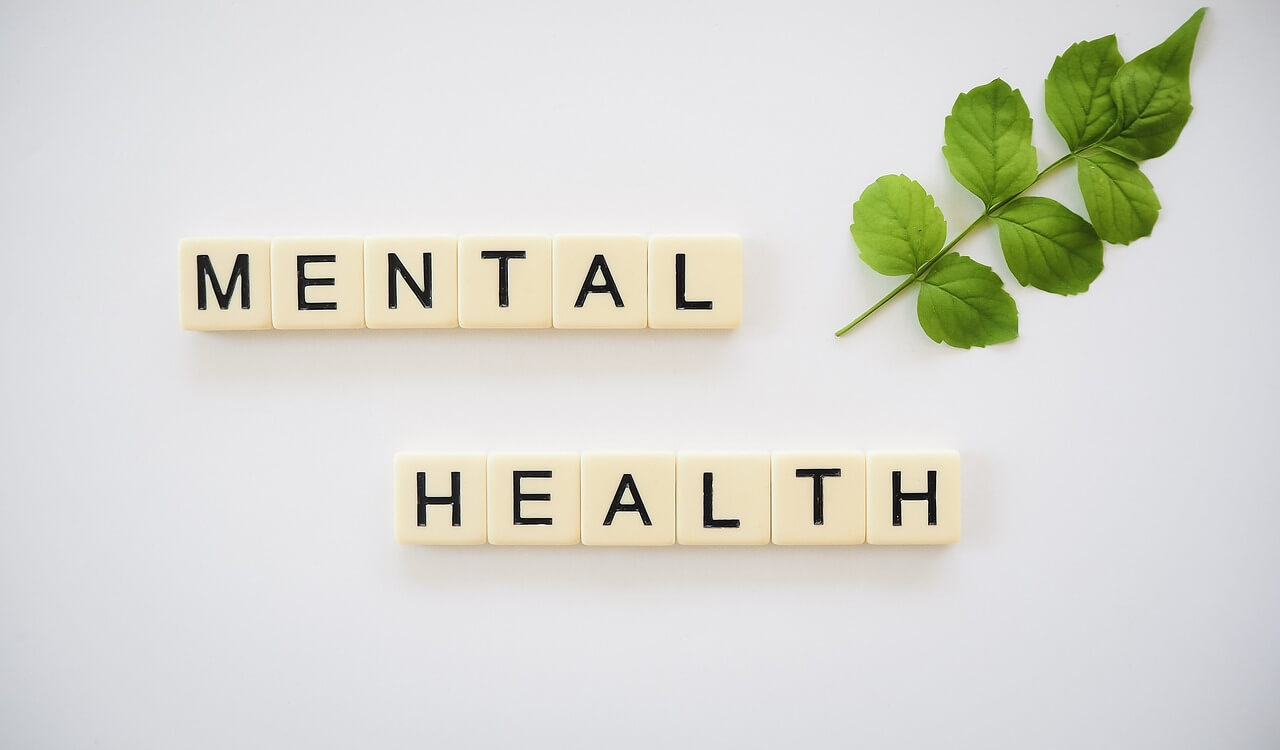Providing effective treatment for addiction and mental health means understanding the intricate link. South African treatment providers continue to benefit from the continued significant progress in research made overseas. Luckily, ongoing research sheds light on the complicated relationship between mental health problems and addiction. Some surprising facts below.
Co-occurring disorders are also known as dual diagnoses. This means that a patient has both an addiction (to alcohol or other drugs) and mental health issues simultaneously. There is a strong correlation between addiction to alcohol and drugs and mental health problems like ADHD, depression, anxiety, and bipolar disorder.
Approximately 50% of people suffering from a mental health disorder also struggle with substance abuse. One or more mental illnesses occur in 37% of people with AUD and 53% of people with SUD (AUD = Alcohol Use Disorder and SUD = Substance Use Disorder).
The relationship between mental health and addiction is often bidirectional. This means that both the existence of a mental health illness and substance addiction are risk factors for each other. Having a mental health disorder increases the likelihood of substance abuse. And addiction increases the risk of developing a mental health disorder! This bidirectional relationship underscores the importance of treating both conditions simultaneously for effective and lasting recovery.
Genetics and Susceptibility to Dual Diagnosis
Certain genetic variations can increase the vulnerability to both mental health disorders and addiction. Understanding these genetic factors can aid in developing personalized treatment approaches that target specific biological mechanisms involved in the co-occurrence of these conditions.

Another fascinating area of research explores the impact of trauma on the development of co-occurring disorders. Childhood abuse or neglect, or any traumatic experiences, significantly increase the risk of developing mental health disorders and substance abuse. Trauma-informed approaches to treatment have emerged as an essential component in addressing the complex needs of individuals with dual diagnoses.
For us in South Africa, we acknowledge that historical and other societal factors can contribute to the prevalence of dual diagnosis and addiction. SA continues to face socio-economic issues, high rates of violence, a crumbling infrastructure, high rates of unemployment….the list goes on. This all contributes to factors that expose our population to the potential development of mental health disorders and SUD & AUD. We need a culturally sensitive approach to comprehensive treatment that addresses the patient holistically.
Advances in Research
As research continues to advance, the understanding of the link between mental health and addiction evolves. It emphasizes the importance of integrated treatment models that address both mental health disorders and substance abuse concurrently. A holistic treatment approach considers patient’s distinctive needs and applies evidenced-based treatments. Without using best practice modalities and addressing all the patient’s needs, the chance of a good treatment outcome is reduced.
Common Questions Around Dual Diagnosis:
- Q: What is dual diagnosis? A: The coexistence of a mental health disorder and a substance use disorder. It means that you are experiencing both conditions simultaneously, and they often interact and influence each other.
- Q: How common is dual diagnosis? A: It’s a common, complex and prevalent issue that requires comprehensive treatment.
- Q: Which mental health disorders are commonly associated with addiction? A: Depression, anxiety, bipolar disorder, post-traumatic stress disorder (PTSD), ADHD and personality disorders. These conditions can increase the risk of developing substance abuse issues and vice versa.
- Q: How does dual diagnosis affect treatment approaches? A: Dual diagnosis requires an integrated treatment approach that addresses both the mental health disorder and substance abuse simultaneously. Treating one without considering the other may lead to incomplete recovery. Integrated treatment focuses on comprehensive care, considering the unique needs and interactions of both conditions.
- Q: Can dual diagnosis be effectively treated? A: Yes, dual diagnosis can be effectively treated with the right approach. Integrated treatment plans that combine therapy, medication management, support groups, and lifestyle changes have shown positive outcomes. It is important to seek help from professionals experienced in dual diagnosis treatment to ensure a comprehensive and tailored approach.
 If you or someone you know is struggling with active addiction and a mental health issues, please find a qualified professional to help assess the situation. Dual diagnosis requires specialized care that acknowledges the interplay between these conditions. It’s not your job to understand the latest research, but finding a competent professional that knows how to apply these principles in your treatment plan would be to your advantage. Finding the right help will put you on a speedier path to making informed decisions and moving into a healthier life.
If you or someone you know is struggling with active addiction and a mental health issues, please find a qualified professional to help assess the situation. Dual diagnosis requires specialized care that acknowledges the interplay between these conditions. It’s not your job to understand the latest research, but finding a competent professional that knows how to apply these principles in your treatment plan would be to your advantage. Finding the right help will put you on a speedier path to making informed decisions and moving into a healthier life.
Find professionals who specialize in dual diagnosis. They can provide the comprehensive care you need. By addressing both your mental health and addiction simultaneously, you can achieve a more holistic and sustainable recovery.
In the South African context, it is important to acknowledge the historical, cultural, and societal factors that may contribute to the prevalence of dual diagnosis. Be gentle with yourself as you navigate these complexities, understanding that your experiences are valid and deserving of compassionate care.
Dual diagnosis recovery is an individual process, and with the correct treatment and help, people get better all the time. You too can join them on a practical path to long-term wellness.
Utilize the tools at your disposal, such as community organizations for mental health and addiction rehabilitation, support groups, and mental health specialists.
You are making an investment in your future and in your personal well-being by taking the required actions to address your addiction and mental health issues. Embrace the courage within you, seek the support you need, and remember that there is hope and healing on this journey of dual diagnosis recovery.
In the words of Rumi, “The wound is the place where the light enters you.” Embrace the journey of healing, and allow the light of recovery to guide you towards a life of renewed purpose, joy, and fulfilment.

